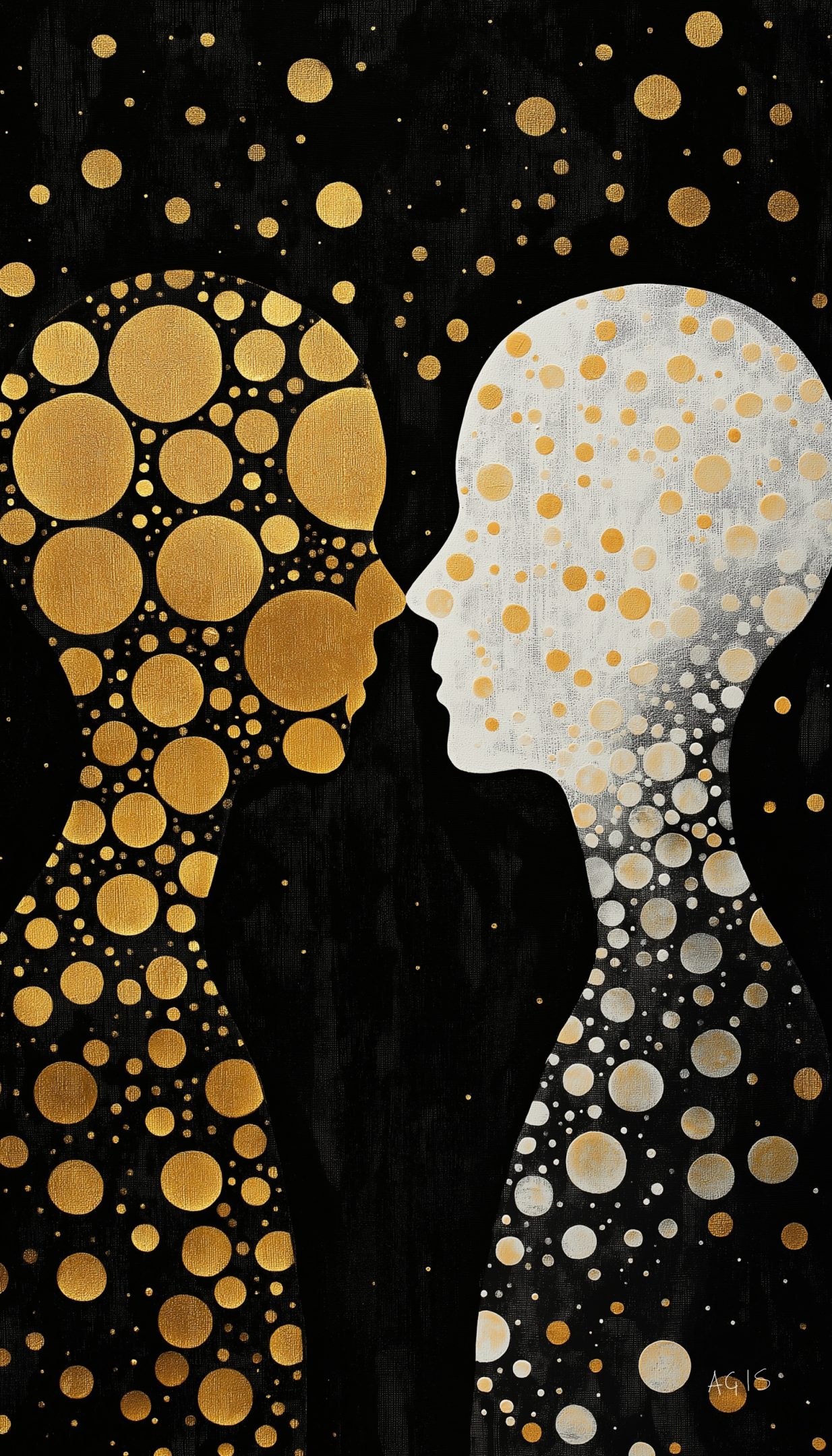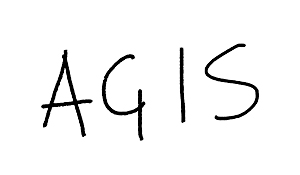There is only one good, knowledge, and one evil, ignorance

To know better is to do better
Socrates famously said, “There is only one good, knowledge, and one evil, ignorance.” This profound statement serves as a guiding principle, urging us to seek wisdom and confront ignorance in all its forms. For Socrates, true knowledge went beyond facts—it encompassed understanding ourselves, others, and the world around us. Ignorance, on the other hand, was not merely a lack of information but a refusal to challenge our beliefs or expand our minds.
Socrates believed that much of human suffering stemmed from ignorance—poor decisions, unethical behaviour, and harm to oneself or others often arose because people lacked deeper understanding. This ignorance is not passive; it is the result of not questioning assumptions, avoiding difficult truths, or not seeking growth. Conversely, knowledge requires curiosity and the humility to admit we do not know everything.
In today’s world, where divisions run deep and ideologies often go unchecked, Socrates’ wisdom is more essential than ever. The philosophical tradition he began encourages dialogue, the pursuit of truth, and the recognition that none of us have all the answers.
Socrates saw knowledge as inherently good because it led to greater moral clarity and ethical behaviour. To know better is to do better, he believed, and through learning, we become more virtuous, compassionate, and aware of our impact. On the other hand, ignorance blinds us to the consequences of our actions and locks us in cycles of fear and misunderstanding.
The challenge, then, is to always seek knowledge—to ask questions, engage in dialogue, and explore the unknown. This pursuit of understanding is transformative, both for the individual and for society.
There is only one good, knowledge, and one evil, ignorance.
In the end, Socrates’ statement offers a powerful call to action. So, let us shed light on ignorance and embrace the ever-expanding potential of our minds. Knowledge is not just good—it is the foundation of a meaningful, ethical life.
—Agis
